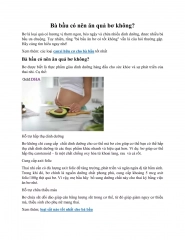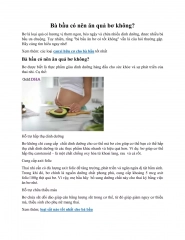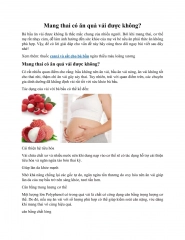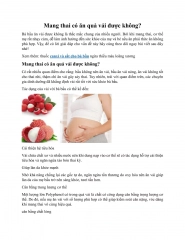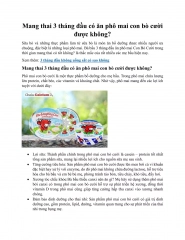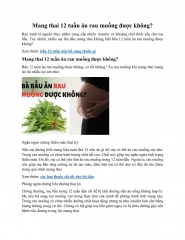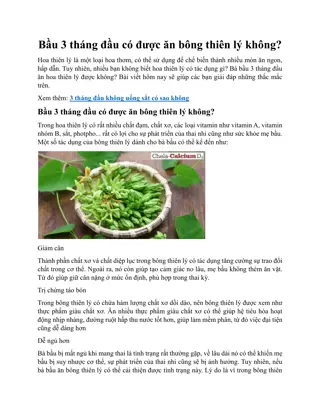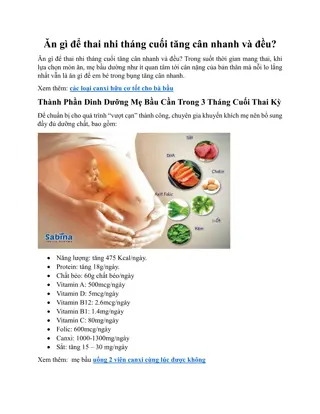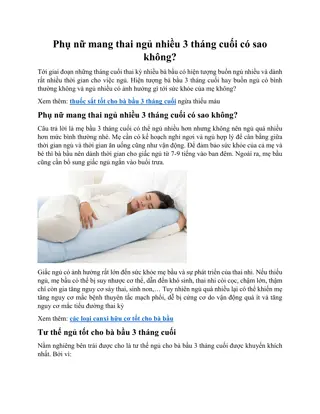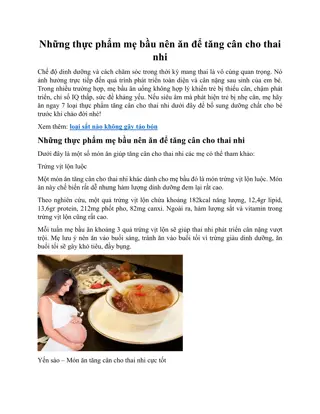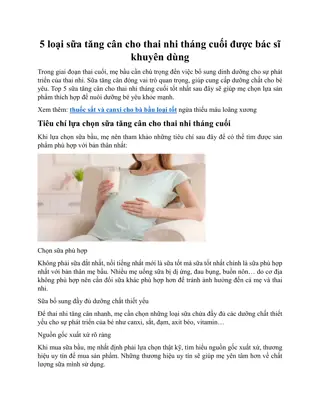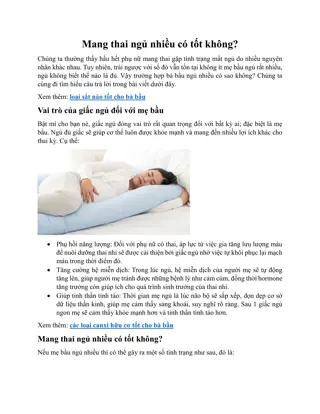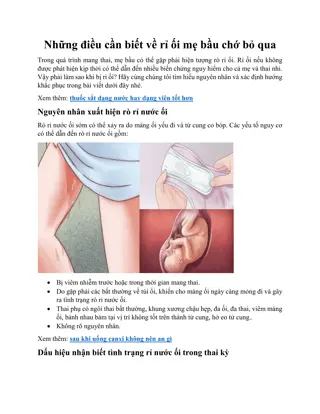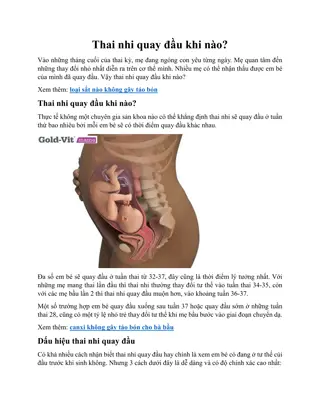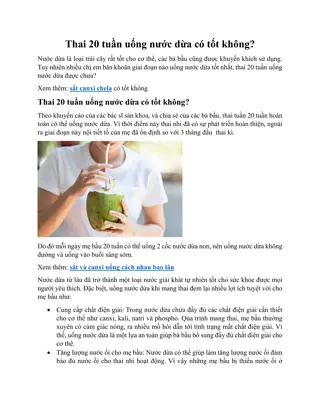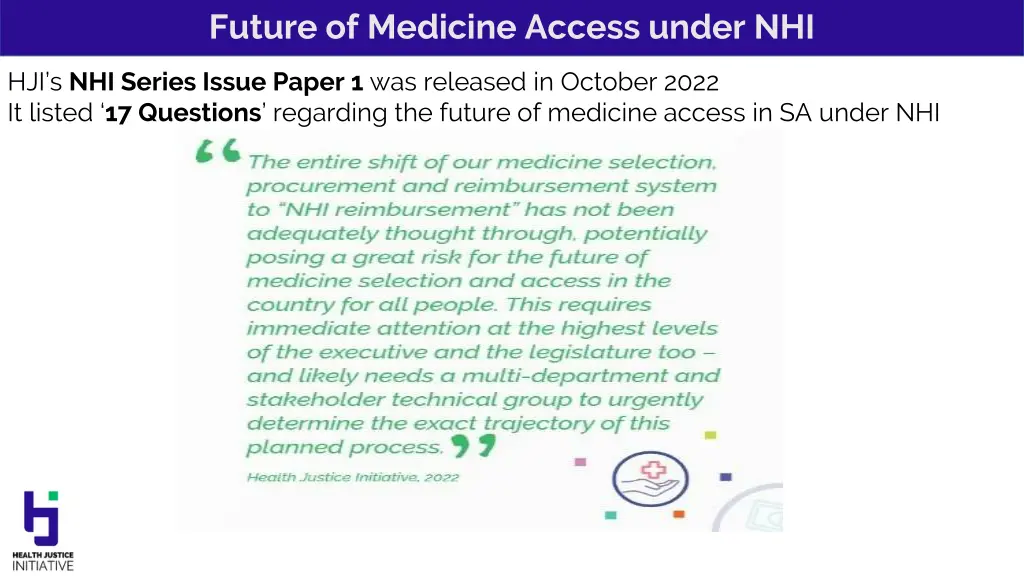
Future of Medicine Access under NHI - Overview
Explore the latest developments in South Africa's National Health Insurance (NHI) system, including key issues, webinar series updates, and current access criteria. Discover insights on medicine access under NHI.
Download Presentation

Please find below an Image/Link to download the presentation.
The content on the website is provided AS IS for your information and personal use only. It may not be sold, licensed, or shared on other websites without obtaining consent from the author. If you encounter any issues during the download, it is possible that the publisher has removed the file from their server.
You are allowed to download the files provided on this website for personal or commercial use, subject to the condition that they are used lawfully. All files are the property of their respective owners.
The content on the website is provided AS IS for your information and personal use only. It may not be sold, licensed, or shared on other websites without obtaining consent from the author.
E N D
Presentation Transcript
Future of Medicine Access under NHI HJI sNHI Series Issue Paper 1 was released in October 2022 It listed 17 Questions regarding the future of medicine access in SA under NHI
Future of Medicine Access under NHI NHI Webinar Series with UKZN Webinar 1: 1 June DM op ed: 13 June 2023 https://www.dailymaverick.co.za/article/2023-06-13-we-are-unlikely-to-be- equitably-able-to-access-lifesaving-affordable-medicines-under-nhi/ NHI Bill-B adopted by National Assembly: 13 June 2023 https://healthjusticeinitiative.org.za/national-health-insurance-nhi/ Webinar 2: 20 June (post adoption implications) Webinar 3: July (monitoring and evaluation) Webinar 4; August (technical solutions and suggestions)
Future of Medicine Access under NHI Currently: PMBs for all Schemes (200+/-) Multiple Benefit Plans Pricing Committee SEP Adjustment Dispensing fees Risk rating rules, waiting periods, LJP regulated NHI for all (Only for NHI registered users per s4 and s5) Proof of user status and proof of identity needed at every visit, referral pathways must be followed, benefits determined from time to time (available state resources will be key, with clinical, benefits and price recommendations) SANDF SSA excluded from NHI s33 Medical Schemes Cover until NHI fully implemented Then: Complementary Cover to services not reimbursable by the Fund National Health Products List Formulary (EML, EEL) Provider and establishments must procure per formulary All children: basic health care services as provided for in s28 of the Constitution Adult asylum seekers and illegal foreigners : Emergency services and notifiable conditions only Illegal: foreigner who is in the Republic in contravention of this [Immigration] Act and includes a prohibited person Diplomats/ Embassies (unclear) Insurance product (for foreign workers and students with short term work/study visa) NHI Source of Income: s49 - Parliamentary appropriations, general tax revenue, scheme tax credits reallocation, payroll tax, personal income tax surcharge Non-SA Insurance provider Out of pocket registered medicines (paid to non-NHI providers too?) S4(5) foreigner visiting SA for any purpose must have trave insurance per travel contract/policy or else only a right to emergency and notifiable
Future of Medicine Access under NHI Key Changes (deletions and additions) Bill-A v Bill-B How easily can this be applied in practice? For example, is cancer part of basic health care services for children, and is it clear that such services will not be subject to the limitation of available resources? What if the initial benefit package excludes something basic ? Definitions: New/Basic health care services: services provided by health care service providers which are essential for maintaining good health and preventing serious health problems including preventive services, PHC, emergency medical services, diagnostic services, treatment services and rehabilitation services New/Health product: product regulated by MRSA, Hazardous Acts, Foodstuff Act, or any other product regulated by a law governing its quality, efficacy or performance and used in the provision of health care services New/Supplier: natural or juristic person in the public or private sector providing goods and services other than personal health care services Amended/ thisAct regulation, Ministerial directive, notice or rule, and DIRECTIVE ISSUED BY THE FUND
Future of Medicine Access under NHI Key Changes (deletions and additions) - Bill-A v Bill-B A. Application -s3(5) the FUND is exempt from the Competition Act (single purchaser and single payer) B. Population Coverage s4(3) All children, including children of asylum seekers or illegal foreigners are entitled to basic health care services as provided for in s28 of the Constitution C. Rights of users: s6(o) purchase private insurance covering an international traveler with a short-term, work or student visa (as well as NHI; complementary voluntary medical insurance ; out of pocket payments ) D. Cost coverage: s8 (2) user entitled to free service at point of care but must pay for services rendered directly or through a voluntary medical insurance scheme, PRIVATE INSURANCE for travelers, or OOP IF: not entitled to services purchased by the fund; seeks services not deemed medically necessary by the Benefits Advisory Committee; services NOT COVERED BY THE FUND AS PRESCRIBED; SEEKS SERVICES THAT ARE NOT INCLUDED IN THE COMPREHENSIVE HEALTH CARE SERVICES, AS ADVISED BY THE BENEFITS ADVISORY COMMITTEE E. Board s13 (1) diversity s13(3) Board Members recommendations from ad hoc advisory panel must be forwarded to Minister for approval by CABINET s13(9) dissolution of Board now requires an inquiry; s13(11) vacancies provision added F. Chairperson of NHI Fund s14(1): Minister must AFTER CONSULTATION WITH CABINET appoint the Chairperson and CEO of NHI: s19(3) Board interviews candidates and forward recommendation to the Minister FOR APPROVAL BY CABINET Cabinet deliberations considered confidential and raises access to info/PAIA obstacles
Future of Medicine Access under NHI Key Changes (deletions and additions) - Bill-A v Bill-B H. Responsibilities: s20(3)(g) name change: now Health Products Procurement Unit (CEO establishes) (note: there are 9 units) I. Committees of Board: s23(5) New section on impartiality and improper benefit repeated in new s24(5) for Technical Committees J. Benefits Advisory Committee and Health Care Benefits Pricing Committee: s25-28 CoI provisions fleshed out (does not mandate public disclosure) K. Accreditation: s38(12) conditional accreditation now included (health care service provider or health establishment) L. Appeal Tribunal: (appeal decision of the Fund) s44 (5 persons) appointed by the Minister AFTER CONSULTATION WITH THE CABINET and s47 timeline for appeal outcome is now 90 days (not 180) M. Transitional arrangements: Phases 2023 2026; 2026 2028 N. s22G(1) of MRSA amended (page 32): Bill-A included amendment to Section 22 G of MRSA on SEP and appointment of Pricing Committee, Bill-B deletes the change to the definition of single exit price (SEP) but includes that Minister after consulting NHI Fund, will appoint a Pricing Committee. If the SEP no longer applies to the NHI Fund, why involve the NHI Fund in the appointment of the Pricing Committee? Confusing and ad hoc. If the SEP no longer applies to the NHI Fund, why involve the NHI Fund appointment of the Pricing Committee? Confusing and ad hoc. in the
Future of Medicine Access under NHI Ch 7: Advisory Committees established by Minister S25 Benefits Advisory Committee (recommends services provided by the Fund; member number not specified) S26 Health Care Benefits Pricing Committee (16-24 members; recommends prices of health service benefits) S35 Purchasing of health care services by the NHI Fund with direct payment reimbursement S37 Contracting Unit for PHC S38 HPPU Health Products Procurement Unit located within Fund (name change) procurement of also medicines (board after consultation with Minister establishes the unit) NOTE: The Health Technology Assessment Unit is not defined in any way, despite previous indications of an interim structure that would transition to an agency.
Next steps HJI argues in the Daily Maverick for at least: Specific measures to enable and promote public transparency related to medicine selection, procurement, and contracting processes under the NHI, irrespective of the system it is being procured under. Improved transparency and mandated sharing of all deliberations of NHI Board and Ministerial Advisory Committees. This includes the public disclosure of any conflict of interest between their professional work, paid consultancies, and their duties on these committees. Explicit provisions on how selection decisions and prices on medicines not covered under NHI will be decided. This involves figuring out how the current medicine pricing system ( Single Exit Price ) that governs private sector medicine acquisition will be amended and/or extended. Whether this will also include medicines selected outside of NHI. For example, will there be a non-NHI special Medicine Pricing Unit, what will its mandate be, who will appoint it, how will it be governed. Mechanisms for the regulation of the price of medicines both in and outside of the NHI, with at the very least, a reliance on international benchmarking, law reform, and a suite of policies that can drive down prices and deal with launch prices. Knowing exactly how the NHI Fund will negotiate with global pharmaceutical manufacturers and suppliers to procure for the State. We want a fair, unambiguous, equitable, single medicine pricing system.
Next steps S76 Bill: NCOP www.pmg.org.za
Future of Medicine Access under NHI Legalbrief: In his latest Q&A feature in the Sunday Times, Chris Barron asked Nicholas Crisp, deputy DG for NHI in the Department of Health whether it can be implemented on top of a broken public health system. Yes, absolutely. When other countries have built their NHIs, they ve largely built them in devastating circumstances, Crisp said, acknowledging that the department s own pilot projects show how broken SA s public hospitals are. Questioned why they haven t been fixed, he said: Idon t see how it s possible to fix things spending R5 200 per person per year. There are parts of the country where management is abysmal, where political interference is seriously problematic, where there is devastating abuse of the system and high-profile theft and fraud. He said trying to prevent corruption from destroying NHI is like asking how you re going to prevent patients from stealing from their medical aids . You work hard to simplify the systems and make them transparent. You intervene when you flag these things. Questioned how the department is going to prevent political influence in the fund, Crisp said it is the same as in any board and you make it as autonomous as possible . https://times-e-editions.pressreader.com/article/282037626580757

